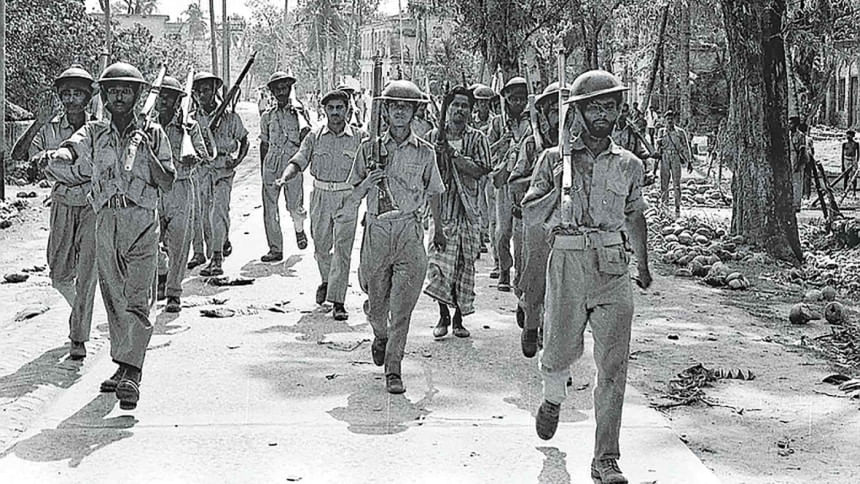USSR urges Yahya to stop bloodshed

April 2, 1971
PODGORNY'S MESSAGE TO YAHYA
On April 2, 1971, N. V. Podgorny, the president of the Presidium of the Supreme Soviet of the USSR, sent a message to Pakistan President Yahya Khan expressing concern at the repression let loose against the people of Bangladesh by the Pakistani army: "The Soviet people cannot but be concerned by the numerous casualties, by the sufferings and privations that such a development of events brings to the people of Pakistan. Concern is also caused in the Soviet Union by the arrests and persecution of [Bangabandhu Sheikh] Mujibur Rahman and other politicians who had received such convincing support by the overwhelming majority of the population of East Pakistan at the recent general elections."
Podgorny urged for adoption of "the most urgent measures" to stop the bloodshed and repressions against the population in East Pakistan and for turning to methods of a peaceful political settlement.
PAKISTAN WARNS INDIA
Pakistan today warned India that "serious consequences" could result from Indian actions that Pakistan regarded as grave interference in her internal affairs.
The warning was delivered by the Pakistan foreign office in Islamabad through the Indian high commission there to New Delhi. It protested Indian sympathy and support for an East Pakistan "secessionist movement" that the Pakistan government is trying to suppress. This was Pakistan's third formal protest in a week to India over the East Pakistan situation.
Today's communication was a formal protest against the adoption of a resolution by the Indian parliament expressing solidarity with and support for the Bangladesh independence movement. New charges of Indian assistance to the resistance forces were also made today in Islamabad.
JINJIRA MASSACRE
To flee the massacre in Dhaka, a large number of people flocked to Keraniganj, on the other side of the Buriganga river. The Pakistan army, now in control of Dhaka city after the crackdown of March 25, marked Keraniganj and surrounding areas as a target for military operation.
The areas were also inhabited by a large number of Hindu families. The Pakistan army started to amass forces around Keraniganj from midnight of April 1. At around 5:00am, they signalled the attack by throwing flares from the roof of the mosque adjacent to the Mitford Hospital.
The army moved into Jinjira, Kalindi and Shubhadya of Keraniganj and opened fire on people. The massacre continued for nearly nine hours. About 1,000 people were killed in the operation. On the night of April 2, Pakistan Television broadcast news about strong military action against "separatist miscreants" taking shelter at Jinjira of Keraniganj on the other side of Buriganga.
On April 3, The Morning News came up with the headline, "Actions taken against miscreants at Jinjira".
RED CROSS AID BARRED
The International Committee of the Red Cross had been refused authorisation by the Pakistani government to send a relief team with eight tonnes of medical and other supplies to Bangladesh, a spokesman said today.
Shamsuddoza Sajen is a journalist and researcher. He can be contacted at [email protected]

 For all latest news, follow The Daily Star's Google News channel.
For all latest news, follow The Daily Star's Google News channel. 



Comments